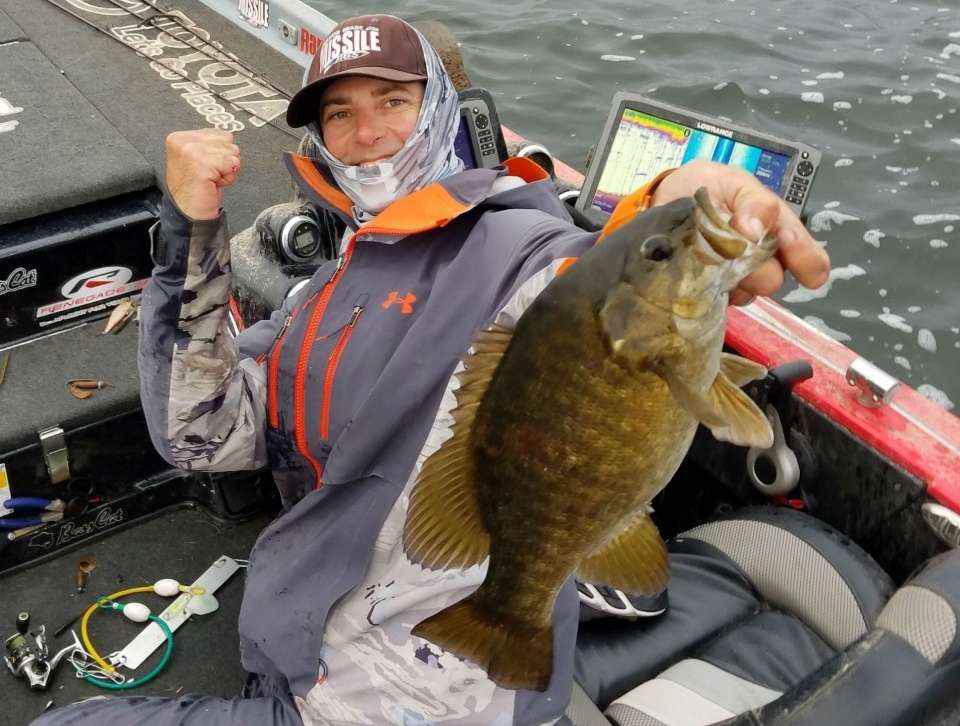
My formula for catching bass is pretty simple, really: one strength + versatility = continual success
Someone once observed — it might have been KVD — that if catching fish was a matter of luck the same guys wouldn’t catch them all the time. That’s an absolute fact. Catching fish is a skill. But, the real thing about that statement is how do the same guys develop that skill? What is it about them that makes them successful?
My theory is that they follow a similar pattern as they progress in the sport regardless of whether they’re a top pro or a weekend recreational angler and no matter if they do it consciously or unconsciously. They’re super good at one thing. Their expertise might be with a crankbait, a spinnerbait, a jig or with any other lure. But it’s always with one type of lure. And when they go fishing they start with that lure.
Take a crankbait guy as an example. He’ll always look for a crankbait bite. That’s his frame of reference. His bite might be there, or it might not. Either way he has a place to start. He isn’t running around blindly grabbing whatever he thinks might catch a fish.
If that bite doesn’t work he’ll go to something else, but that something else will be selected on what his crankbait taught him.
You see, he knows it’s a rare day when you can’t catch at least one bass on a crankbait. Maybe you can’t catch enough to make you happy but you can catch one. That’s true of almost every lure in your tackle box.
That sounds like the versatility thing you always hear about, right? Well, it is and it isn’t. You see he doesn’t start with any of 10 or 12 techniques he can “sort of” do. He starts with his strength and then makes adjustments.
That’s why I always recommend that new bass anglers pick a technique they like and work on it until they’re true experts with it. If we go back to our crankbait guy, we can see that he’ll be able to determine if the fish are shallow or deep, if they want something big or small and if they want it moving fast or slow.
If they want it deep and slow but the crankbait bite’s not all that great, he can change to a jig, a worm or maybe a drop shot. It doesn’t matter that he’s not as good with them as he is with his crankbait. What matters is that he has a place to start, one that’s based on knowledge rather than guesswork.
All this comes back to what I’ve said over and over in this column — education, education, education.
There is no substitute for productive time on the water and for academic knowledge. Productive time on the water means starting with your strength and learning what it tells you. Academic knowledge means reading and attending seminars with the idea of applying what you learn about different techniques and approaches to catching bass to real world situations.
Mike Iaconelli’s column appears weekly on Bassmaster.com. You can also find him on Facebookand Twitter or visit his website, mikeiaconelli.com.





